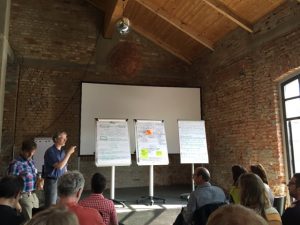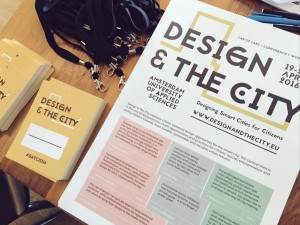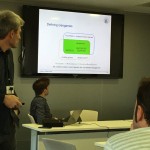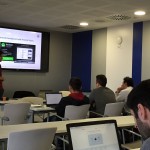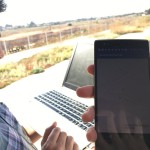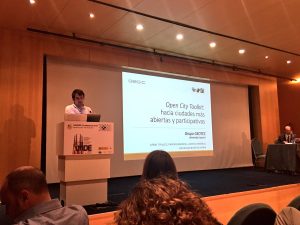 From 26th to 30th September, Barcelona will host presentations and attendees from around world during Inspire Conference (http://inspire.ec.europa.eu/events/conferences/inspire_2016/page/home) and JIDEE (http://www.jiide.org/). These relevant conferences will gather European public authorities, private companies and Inspire community to show how the implementation of INSPIRE contributes to the European Interoperability Framework and the EU’s digital economy in general. http://inspire.ec.europa.eu/events/conferences/inspire_2016/page/home .
From 26th to 30th September, Barcelona will host presentations and attendees from around world during Inspire Conference (http://inspire.ec.europa.eu/events/conferences/inspire_2016/page/home) and JIDEE (http://www.jiide.org/). These relevant conferences will gather European public authorities, private companies and Inspire community to show how the implementation of INSPIRE contributes to the European Interoperability Framework and the EU’s digital economy in general. http://inspire.ec.europa.eu/events/conferences/inspire_2016/page/home .
GEOTEC will present two papers inside JIDEE congress. The first of them is “Open City Toolkit: hacia ciudades más abiertas y participativas” and will be presented by Sergi Trilles. In this paper, Sergi will talk about Geo-C project and he will focus on the OCT tool. German will present “Soluciones para campañas mapeado de redes wifi” paper. In this paper, the author talk about a set of software solutions that aim to enable the general public to participate in WiFi signal samples collection campaigns.
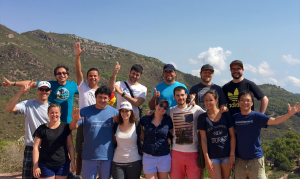
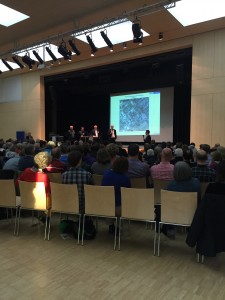 On April 7th, 2016, GEO-C in Muenster attended the public event of Oxford Barracks which was held by the city council of Muenster in Stein Gymnasium at Münster, Germany. This event was a dialogue between urban planners and citizens about an urban design for the zoning change of Oxford Barracks. Around 300 citizens attended this event.Lord Mayor Markus Lewe also attended the event.
On April 7th, 2016, GEO-C in Muenster attended the public event of Oxford Barracks which was held by the city council of Muenster in Stein Gymnasium at Münster, Germany. This event was a dialogue between urban planners and citizens about an urban design for the zoning change of Oxford Barracks. Around 300 citizens attended this event.Lord Mayor Markus Lewe also attended the event.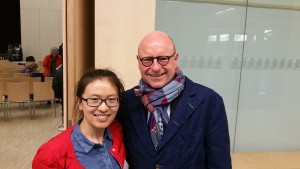 this survey was to collect background information of public participation in urban planning process. As a result 100 questionnaires and 30 email addresses from attendees were collected. We got the final survey results by analyzing questionnaires and sent them to citizens who gave their email addresses. Here is a short summary of the main survey facts:
this survey was to collect background information of public participation in urban planning process. As a result 100 questionnaires and 30 email addresses from attendees were collected. We got the final survey results by analyzing questionnaires and sent them to citizens who gave their email addresses. Here is a short summary of the main survey facts: